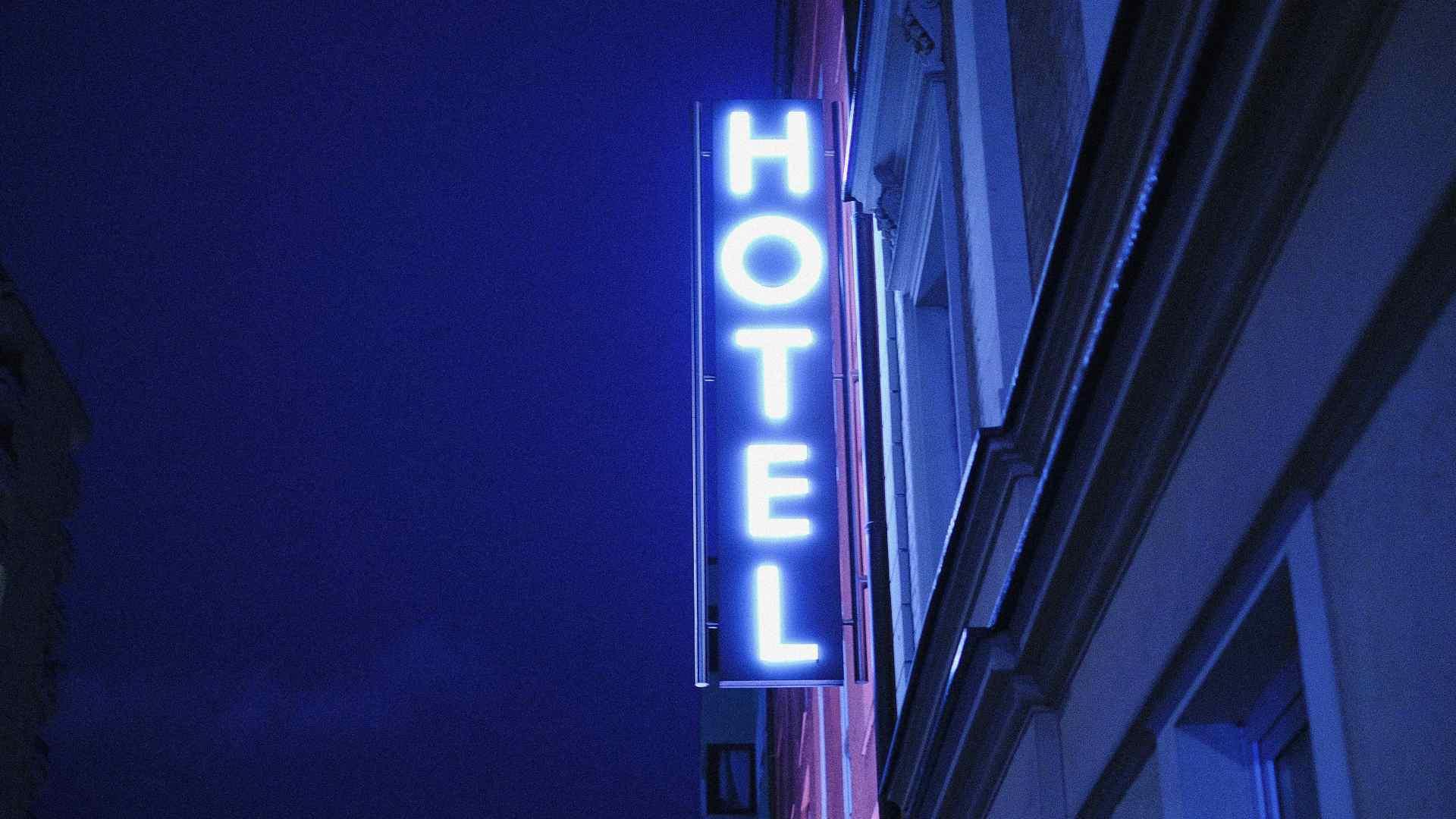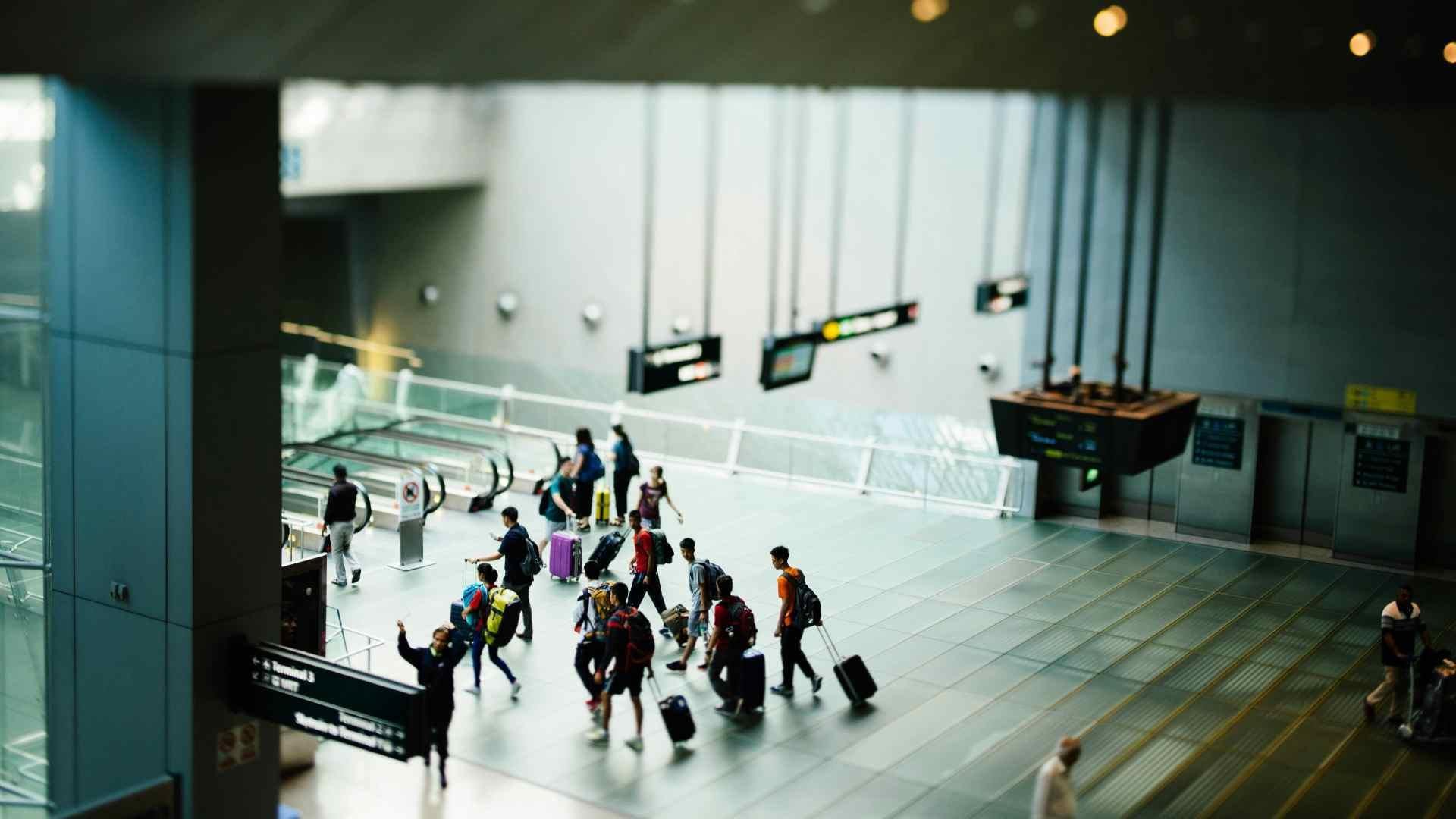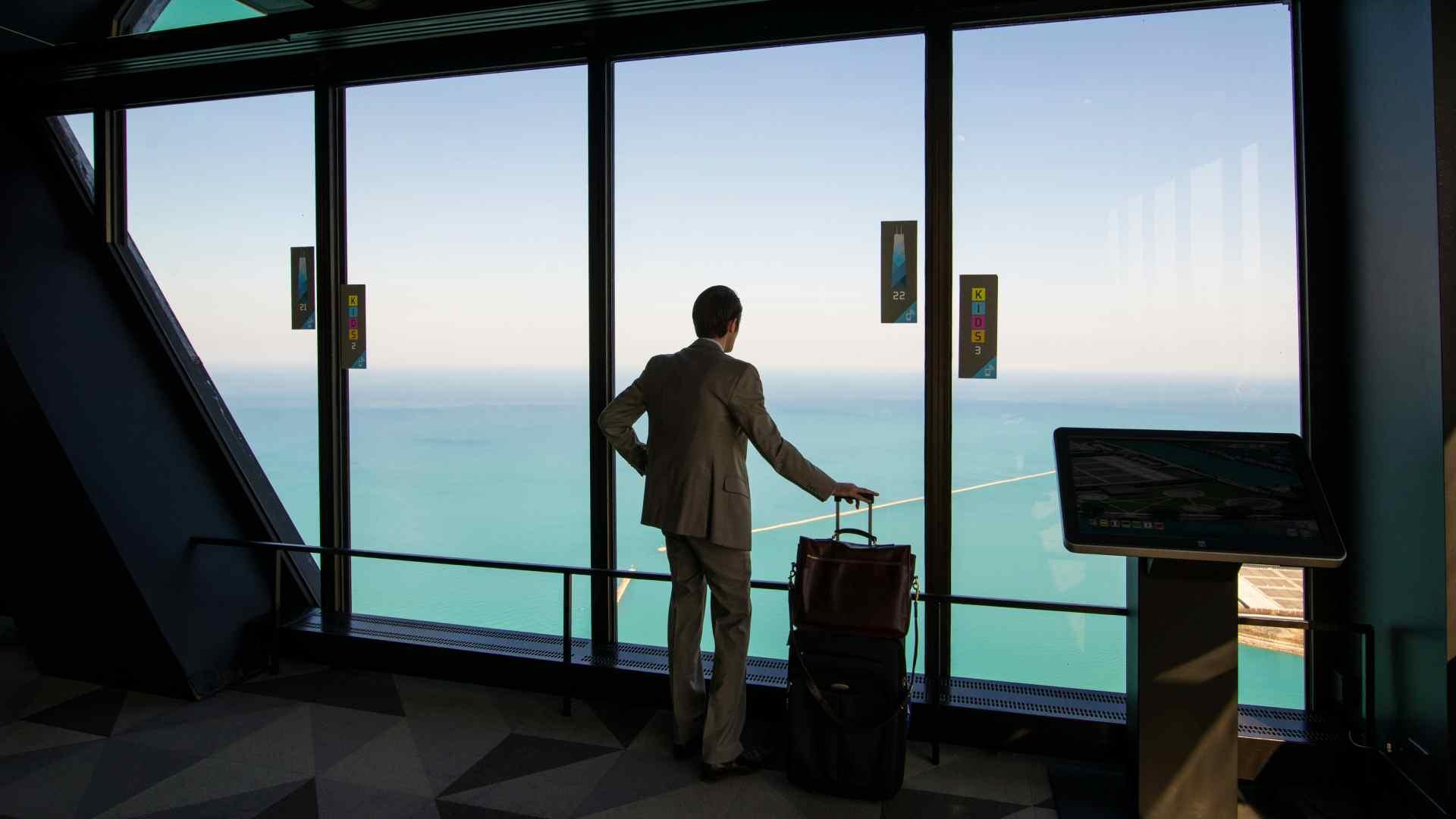The recent downturn in the economy has seen hotel buyers turning away from the real estate market in the Bay Area and across California.
As investors deal with the uncertainty of the market, they are saving their money and waiting for a healthy industry to emerge. The result of this is a cascade of factors that have made the California hotel market have one of the worst declines on record.
The Atlas Hospitality Report

A hotel market survey from Atlas Hospitality Group spelled out the dire situation for the California hotel industry.
The report noted a 48.3% decline in hotel purchases in Northern California and a staggering 60.2% decrease in South California hotel acquisitions. The statewide average decrease in hotel purchases was 56.3% in California. These numbers are staggering, showing just how much the economy is affecting the market.
Second-Worst in History

These figures represent the second-worst ones ever recorded by the Atlas Hospitality Group. They are second only to the numbers that came out of the United States financial crisis in 2008-2009.
In a survey released in 2009, the Atlas Hospitality Group documented that only 49 hotels were sold during the first half of that year. In Los Angeles County, hotel sales fell by nearly 91% during that time period.
Hotel Buyers Are Hesitant to Invest

Alan Reay, the president of Atlas Hospitality Group, said, “Most investors are in a wait-and-watch situation.” (via The Mercury News)
The current financial crisis has forced some hotels to foreclose while some hotel property owners are just walking away from the industry to pursue better industries. Hotel investors see this uncertainty and would rather leverage their investments elsewhere.
Interest Rates Could Be Key

Reay is uncertain that the situation is going to get better quickly.
“If interest rates come back down, then we will see sales activity pick up and values will stabilize or move up. “If interest rates do not decline, we may start to see more distressed sales. That will create downward pressure on values,” he said.
Consequences of the Pandemic

The state-wide lockdowns in California were a major source of strain for the hotel and hospitality industry. Air travel was halted, meaning these hotels could not rely on a steady stream of travelers and tourist business.
California also instituted harsh pandemic restrictions that included the shutdowns of many businesses. Even if a business managed to survive, it is likely now on a debt clock that it accumulated during these times of financial struggle.
Hotels Never Truly Recovered

Even after restrictions were lifted, the hotel industry was never really the same. In the intervening years, people got used to the lifestyle change of the pandemic and became more resistant to the price of travel. One reason for the lack of return to travel is that high inflation and economic strife have made traveling costs not quite return to pre-pandemic levels.
People who wanted to get back to trips opted for smaller, shorter trips to places that were close to home.
Cause for Hope

A survey by the American Hotel & Lodging Association found that the number of Americans who said they would stay in a hotel while traveling saw a healthy increase in recent years.
52% of American adult respondents said they would choose to stay in a hotel for overnight travel, while 76% of business travelers affirmed their willingness to stay in a hotel. Overall, 60% of adults said they would be more likely to stay in a hotel in 2023 than in 2022.
Business Traveling Is Starting to Recover

The American Hotel & Lodging Association survey found that 51% of business travelers reported that they were encouraged to travel for work at the same rate as before the pandemic.
A smaller 20% portion said they were encouraged to travel even more than before. This means that a total of 71% of business travelers reported a healthy level of travel, which is an encouraging sign for the hospitality and hotel industry.
How the Pandemic Changed Travel

It may be too optimistic to expect American travel to ever return to pre-pandemic levels. The country has changed in the proceeding years since the lockdowns. Arun Uneja, the dean of Boston University’s School of Hospitality Administration commented in 2023 that, “We are never going back to the pre-pandemic ‘normal.’”
“There is a permanent shift in a lot of things. New models have to come up, and we have to reset our expectations,” he said.
Outdoor Dining and Airbnb

The COVID lockdowns forced people to get used to eating take-out meals or dining outside in public places. Airbnb also saw a surge in business from the pandemic despite many traditional hotels suffering during that same period. In 2019, Airbnb had a total revenue of $3.38 billion worldwide. In just 3 years, that revenue had grown to $8.4 billion in 2022. (via Statista)
While services like Airbnb have ultimately failed to displace hotels in the US, they still occupy a significant portion of the hospitality industry.
What Does the Future Hold?

If business and leisure travel continue their current path, then hotels will be necessary to fill that market demand. Services like Airbnb cannot fully replace the utility of a hotel business.
However, recent fears about the state of the American economy leave this recovery up in the air. In particular, many Californian cities are only slowly recovering, which experts predict will take several years to fully complete.
